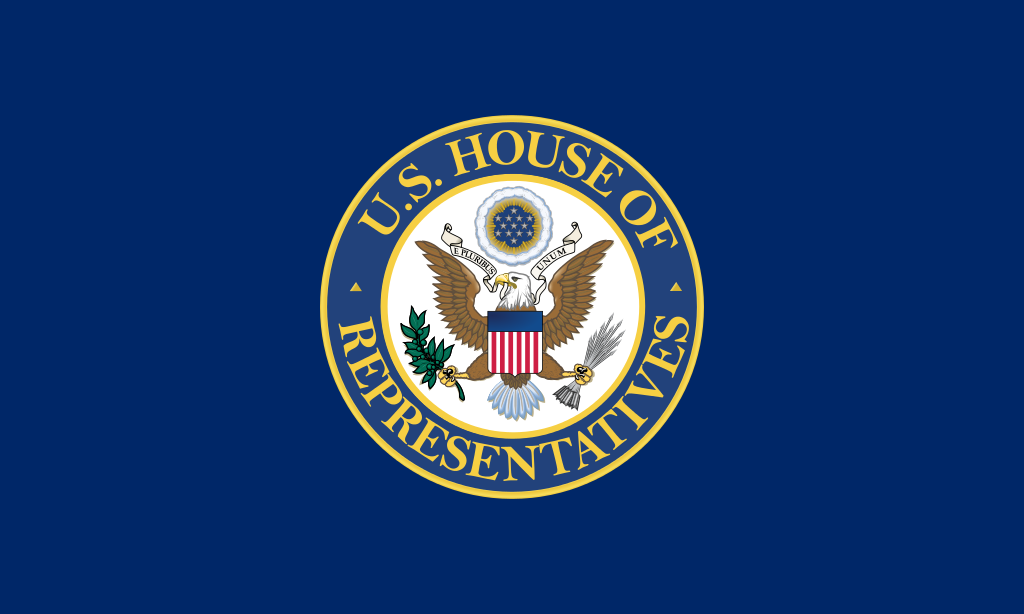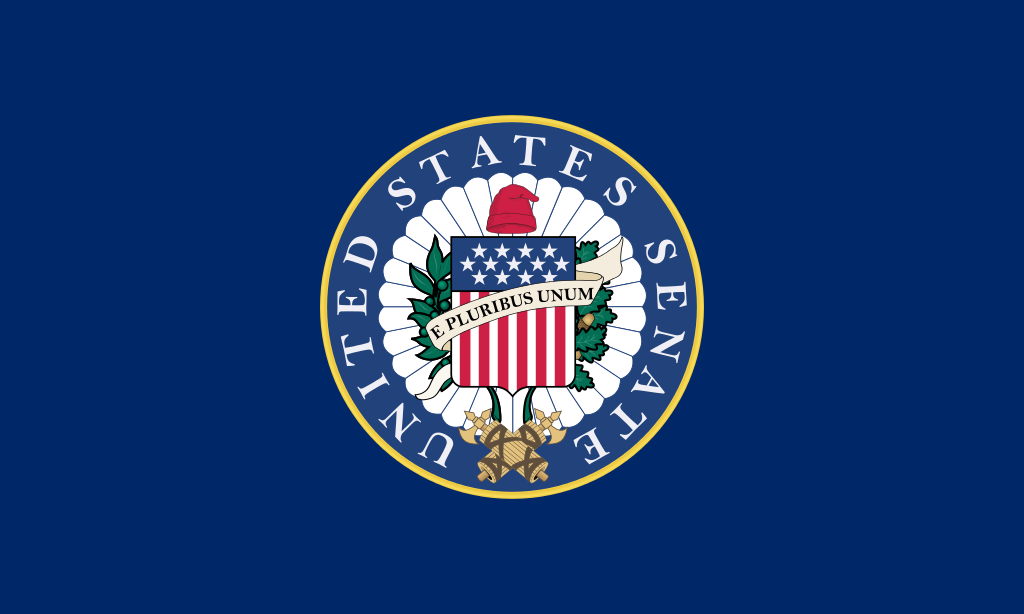Guest Chaplain: Rabbi Jacob A. Max, Liberty Jewish Center, Baltimore, Maryland
Sponsor: n/a
Date of Prayer: 20 June 1966
Sponsor: n/a
Date of Prayer: 20 June 1966
TOGGLE COLUMNS (on/off):ADJUST COLUMN POSITIONS: select the column header cell and drag it where you want. show me!COPY INDIVIDUAL COLUMN(S): use CopyTables, a browser extension.
| Contribute a translation | Source (English) |
|---|---|
“And nations shall walk at Thy light And kings at the brightness of Thy rising” (Isaiah 60:3) | |
Mayest Thou guide us, O Heavenly Father, in our striving to become more like Thee, for Thou hast implanted in each one of us a spark of the divine.[1] Find Genesis 1:26-27, Genesis 2:7, and Genesis 5:1-3. On the history of this idea, the scholar Rabbi Louis Jacobs (1920-2006) writes: “The belief that there is a special mystical ‘spark’ in every human breast can be traced back, in western mysticism, at least to Jerome in the fourth century. Both Bonaventura and Bernard of Clairvaux speak of this mystical organ; the latter, calling it scintillula, a small spark of the soul, and speaking of the nearness of God, said: ‘Angels and archangels are within us, but He is more truly our own who is not only with us but in us.’ However, both these mystics are anxious to prevent an identification of this mystical spark with the divine. Eckhart, on the other hand, embraces the identification, calling the spark, among other endearing names, das Kleidhaus Gottes, ‘the house in which God attires Himself ’. This and other pantheistic tendencies in Eckhart’s thought were condemned in the papal Bull of 1529…” (in “The Doctrine of the ‘Divine Spark’ in Man in Jewish Sources” Studies in Rationalism, Judaism and Universalism, ed. Raphael Loewe (Humanities: 1966) 87-114.) For those more familiar with Quaker theology, a similar belief is shared by George Fox (1624-1691). | |
Endow the President and elected Representatives of our beloved country with wisdom and vision for they are charged with guiding the destinies of this citadel of democracy. | |
Grant them the courage and self-confidence to act upon the urgent issues that confront us, so that all of mankind may see in our free commonwealth Thy handiwork. | |
Aid us to preserve our traditions of justice for all men. | |
Help us to dedicate ourselves to strive for liberty under law for all in our beloved country. | |
May we be worthy to continue the noble heritage of the founders of our Nation that Thy blessing may rest upon us and upon all Thy children. Amen. |
This prayer of the guest chaplain was offered in the sixth month of the second session of the 89th US House of Representatives, and published in the Congressional Record, vol. 112, part 10 (20 June 1966), page 13636.
Source(s)
Notes
| 1 | Find Genesis 1:26-27, Genesis 2:7, and Genesis 5:1-3. On the history of this idea, the scholar Rabbi Louis Jacobs (1920-2006) writes: “The belief that there is a special mystical ‘spark’ in every human breast can be traced back, in western mysticism, at least to Jerome in the fourth century. Both Bonaventura and Bernard of Clairvaux speak of this mystical organ; the latter, calling it scintillula, a small spark of the soul, and speaking of the nearness of God, said: ‘Angels and archangels are within us, but He is more truly our own who is not only with us but in us.’ However, both these mystics are anxious to prevent an identification of this mystical spark with the divine. Eckhart, on the other hand, embraces the identification, calling the spark, among other endearing names, das Kleidhaus Gottes, ‘the house in which God attires Himself ’. This and other pantheistic tendencies in Eckhart’s thought were condemned in the papal Bull of 1529…” (in “The Doctrine of the ‘Divine Spark’ in Man in Jewish Sources” Studies in Rationalism, Judaism and Universalism, ed. Raphael Loewe (Humanities: 1966) 87-114.) For those more familiar with Quaker theology, a similar belief is shared by George Fox (1624-1691). |
|---|

“Prayer of the Guest Chaplain of the U.S. House of Representatives: Rabbi Jacob A. Max on 20 June 1966” is shared through the Open Siddur Project with a Creative Commons Public Domain Dedication 1.0 Universal license.






Comments, Corrections, and Queries